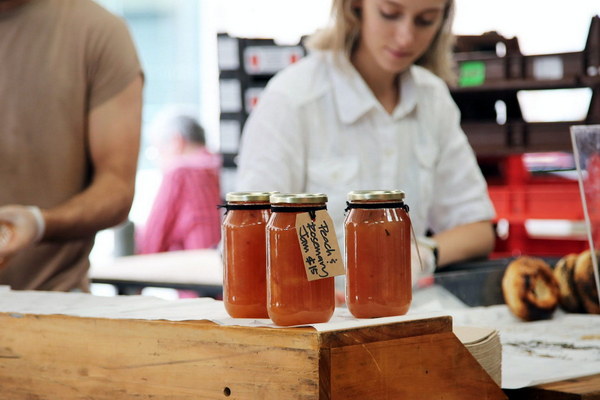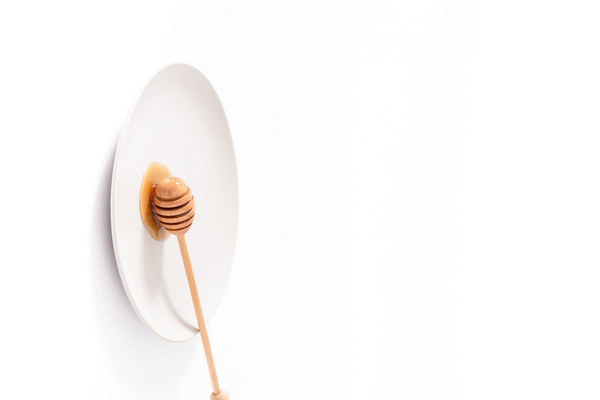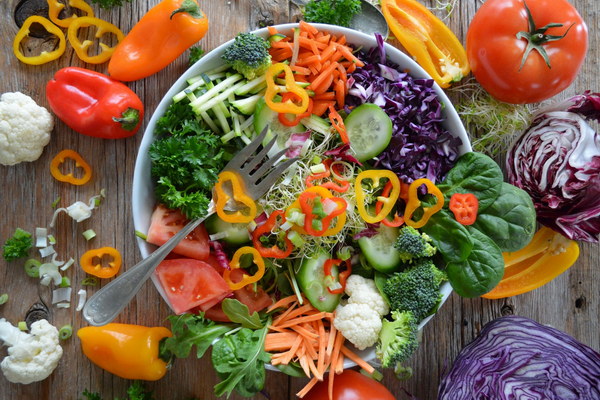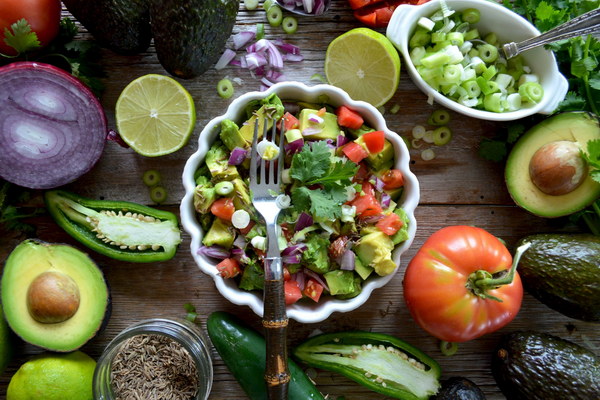Boost Your Vitality A Comprehensive Guide to Herbs for Spleen and Qi Nourishment
In the realm of traditional Chinese medicine, the concept of balancing the body's internal systems is of paramount importance. One of the key principles revolves around nourishing the spleen and Qi (vital energy). The spleen is responsible for transforming food into energy and Qi, while Qi is the life force that animates the body and maintains health. When these two aspects are balanced, one experiences vitality, strength, and overall well-being. This article aims to provide an in-depth exploration of herbs commonly recommended for spleen and Qi nourishment, with an emphasis on their benefits and usage.
1. Ginseng (Panax ginseng)
Ginseng is perhaps the most well-known herb for spleen and Qi nourishment. It is considered an adaptogen, helping the body adapt to stress and enhance its resistance to disease. This herb is known to improve mental clarity, boost energy levels, and enhance physical endurance. To incorporate ginseng into your daily routine, you can consume it as a tea, extract, or in supplement form.
2. Astragalus (Astragalus membranaceus)
Astragalus is another powerful herb for strengthening the immune system and boosting Qi. It is often used in conjunction with ginseng for its synergistic effects. This herb is beneficial for those with weak digestion, chronic fatigue, and frequent infections. It can be prepared as a decoction, added to soups, or taken as a supplement.
3. Codonopsis (Codonopsis pilosula)
Codonopsis is a versatile herb that is often referred to as the poor man's ginseng. It is highly regarded for its ability to nourish the spleen and Qi, and is commonly used to treat chronic fatigue and weakness. Codonopsis can be consumed as a tea, added to soups, or taken as a capsule or powder.
4. Licorice (Glycyrrhiza uralensis)
Licorice is a sweet herb that is often used to harmonize other ingredients in herbal formulas. It has a balancing effect on the body and can help to nourish the spleen and Qi. Licorice is beneficial for those with stress-related fatigue, weakness, and digestive issues. It can be used in teas, soups, or as a supplement.
5. Dang Shen (Codonopsis pilosula var. pilosula)
Dang Shen is similar to Codonopsis but is believed to have a more potent effect on the spleen and Qi. It is often used to treat chronic fatigue, weakness, and digestive problems. Dang Shen can be prepared as a tea, added to soups, or taken as a supplement.
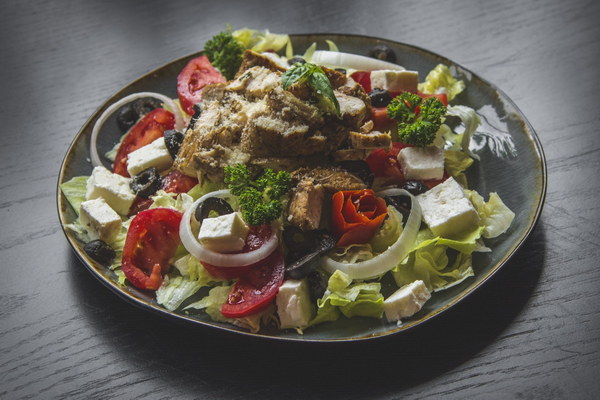
6. Chinese Cinnamon (Cinnamomum cassia)
Chinese cinnamon is a warming spice that is not only delicious but also has medicinal properties. It is known to aid digestion, improve blood circulation, and boost Qi. To enjoy the benefits of cinnamon, you can add it to teas, soups, or baked goods.
7. Chinese Dates (Jujube fruits)
Chinese dates are a natural sweetener and energy booster. They are rich in vitamins, minerals, and fiber, making them an excellent choice for those looking to nourish the spleen and Qi. Dates can be consumed raw, added to teas, or used in various recipes.
When incorporating these herbs into your diet, it's important to keep in mind that individual responses may vary. It is always best to consult with a healthcare professional before starting any new herbal regimen. Additionally, some herbs may interact with certain medications or health conditions, so it's essential to be aware of any potential contraindications.
By using these herbs for spleen and Qi nourishment, you can support your overall health and well-being. Remember that a balanced diet, regular exercise, and stress management are also crucial factors in maintaining a healthy life.
